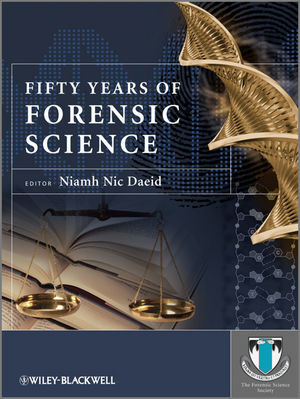

Most ebook files are in PDF format, so you can easily read them using various software such as Foxit Reader or directly on the Google Chrome browser.
Some ebook files are released by publishers in other formats such as .awz, .mobi, .epub, .fb2, etc. You may need to install specific software to read these formats on mobile/PC, such as Calibre.
Please read the tutorial at this link: https://ebookbell.com/faq
We offer FREE conversion to the popular formats you request; however, this may take some time. Therefore, right after payment, please email us, and we will try to provide the service as quickly as possible.
For some exceptional file formats or broken links (if any), please refrain from opening any disputes. Instead, email us first, and we will try to assist within a maximum of 6 hours.
EbookBell Team

5.0
98 reviewsThe editorials are divided into sections relating to the developments of forensic practice, the advancement of science, education, legal aspects, forensic science and medicine, the international dimension of forensic science and the interpretation and evaluation of evidence. The text and first two sections are set in context by an introductory chapter written by Professor Brian Caddy examining the future of forensic science.
•A key text that traces the historical development of forensic science through reflective editorials published in the journalScience and Justice,and theJournal of the ForensicScience Society
•Includes introductory chapter by Professor Brian Caddy
•Divided into themed sections to reflect current commentary and debate
Content: